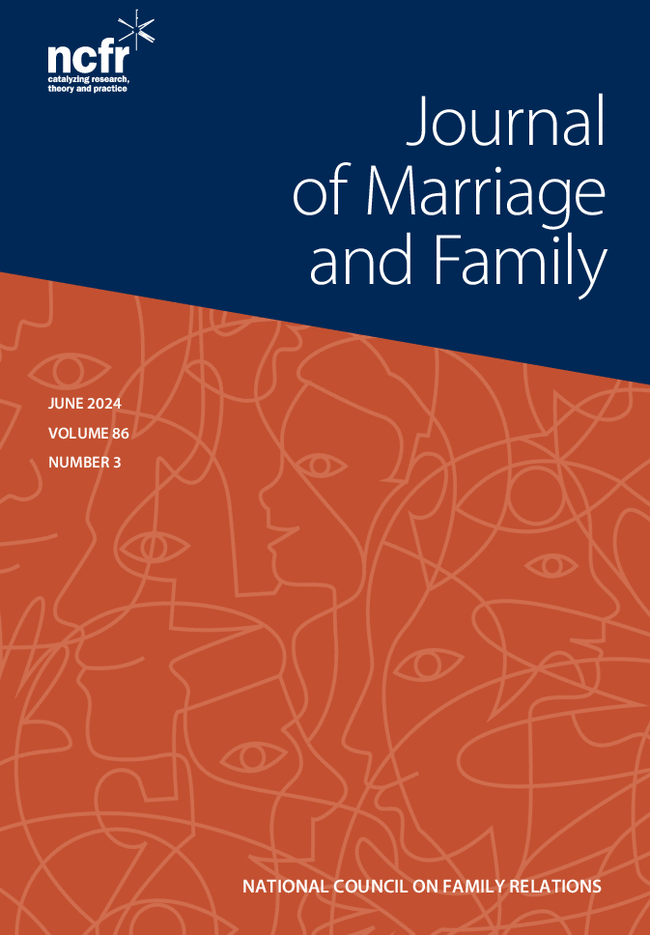Gender and housework in the post-retirement context: Longitudinal evidence from the U.S.
Abstract
Objective
This study assesses the role of retirement as an equalizer for couple's housework production in tandem with changing demands for different types of housework after retirement.
Background
Retirement has received attention as an equalizer for household gender inequality. Among various changes brought by retirement, changing demands for housework can have different implications depending on chore types due to gender task segregation.
Methods
Using the Health and Retirement Study from 976 couples (N = 3,404) and fixed effects models, we predict the difference between husbands’ and wives’ housework time among different-gender married dual-earner couples as a function of retirement arrangements, time spent on feminine- and masculine-typed chores, controlling for sociodemographic characteristics and time.
Results
Couple's retirement arrangements were generally not independently associated with housework gender inequality, but they moderated the effects of demands for gender-normative tasks. Consistent with the prediction that feminine-typed chores fall upon wives and masculine-typed chores on husbands, couples were more egalitarian when there was less feminine-typed chore to distribute. More masculine-typed chore contributed to gender equality but only under limited circumstances.
Conclusion
We found some evidence of gender task segregation but limited support for retirement as an equalizer. Even though husbands’ retirement brings an opportunity to improve housework gender equality, the success depends on the level of demands for gender-normative tasks.
Implications
This study highlights how gender ideological scripts can frame relational expectations and persist despite shifts in economic contributions to the household.

 求助内容:
求助内容: 应助结果提醒方式:
应助结果提醒方式:


